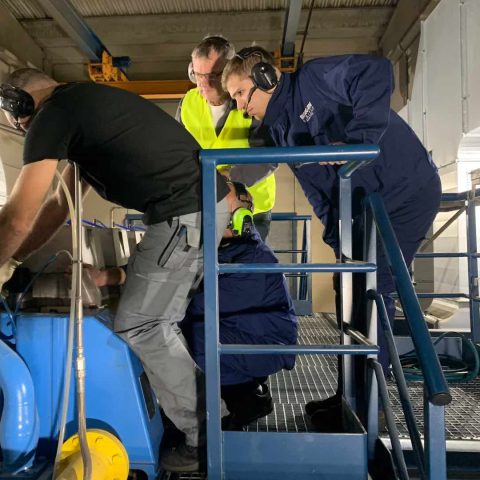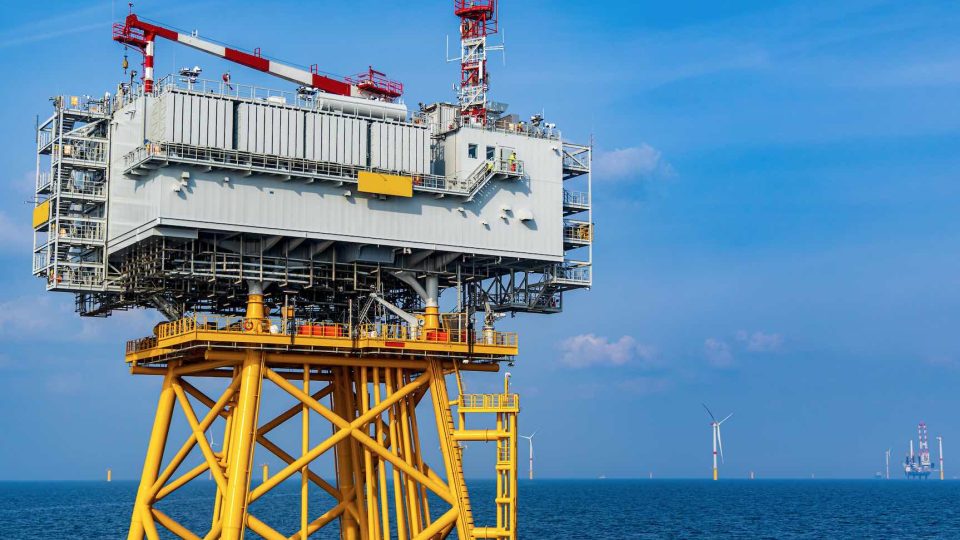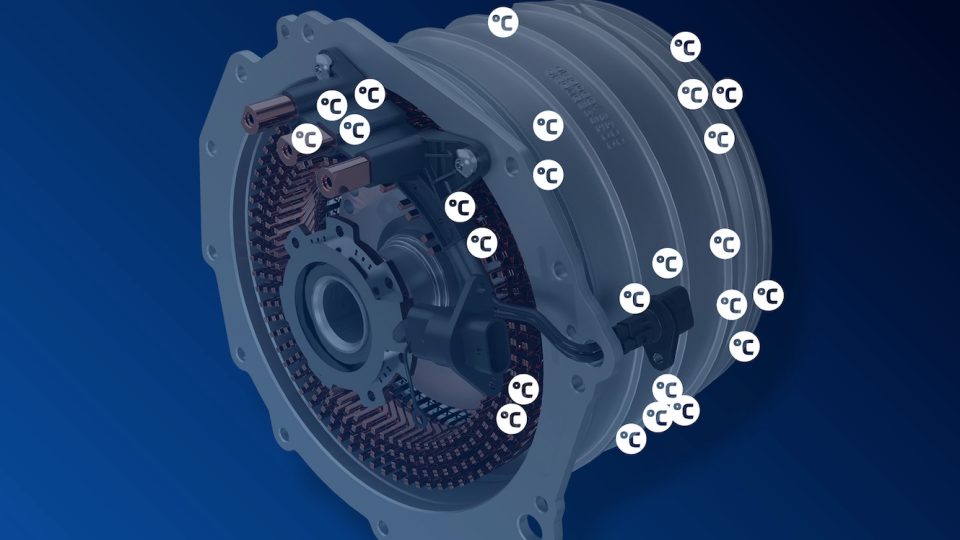Bergen completed hydrogen production trials
Bergen has completed its first full-scale green hydrogen production trials in Spain

Bergen is not merely making announcements and on hydrogen has really completed testing. And everything seems to be working out for the best. According to the Norwegian company, trials running a Bergen gas engine on a blend of green hydrogen and natural gas have been successfully completed at Viscofan, the international meat products processor, at its Cáseda plant in northern Spain last month. It is the first time a Bergen engine has run with hydrogen in a full-scale industrial application. The trial confirmed laboratory tests that the engine performs normally in real-life conditions and that Viscofan can potentially save almost 8,000 tonnes of CO2 emissions per year from its operations.
Bergen is supporting Viscofan with hydrogen blended fuels for CHP
In recent years Viscofan has renewed its co-generation installation in Cáseda with the latest Bergen engine technology which capable of running on natural gas and hydrogen in variable percentages. The objective of the Cáseda trials was to measure efficiency and reliability of the engines in real-time continuous use. Fuel blending was carried out to reach a mixed value of 15% hydrogen and 85% natural gas in an engine of the Bergen type B36:45L6AG producing 5.5MW of output in combined heat and power configuration. To carry out these tests, Viscofan’s managers and cogeneration team had the collaboration of a team of Bergen Engines technicians from Norway and the company’s Spanish subsidiary.
The green hydrogen used was provided by Electroquimicas de Hernani with the support of Nippon Gases in charge of the temporary installation, transport and supply of the gas. A temporary installation of two hydrogen semi-trailers with an approximate capacity each of 4,000 Nm3 of compressed hydrogen at 200 bar, progressively increasing hydrogen flows of 400 Nm3/h were used. The use of hydrogen as a fuel significantly and immediately reduces the carbon footprint of the combustion processes, since each cubic meter of natural gas replaced stops emitting 2.15 kg of CO2 into the atmosphere. All this equates to a saving of 63 tons of CO2, equivalent to more than 7,660 tons of CO2 per year.
Room to the CEOs
For José Antonio Canales, CEO of the Viscofan Group, “These tests, in addition to being a historic milestone in our decarbonisation project, also represent the confirmation that Viscofan is already prepared to lead the energy transition. Our will and commitment to the consumption of green hydrogen must be accompanied by unresolved challenges such as the production of green hydrogen at a competitive cost and continuous transport to our facilities.”
Jon Erik Røv, CEO Bergen Engines, says “We are very satisfied with the result of this trial and the excellent collaboration with Viscofan. It confirms Bergen Engines’ firm commitment to continue developing the technology necessary to ensure the best efficiency and the use of hydrogen in our engines.”
Bergen Engines first green hydrogen test in a production process concluded successfully on 100% load.










